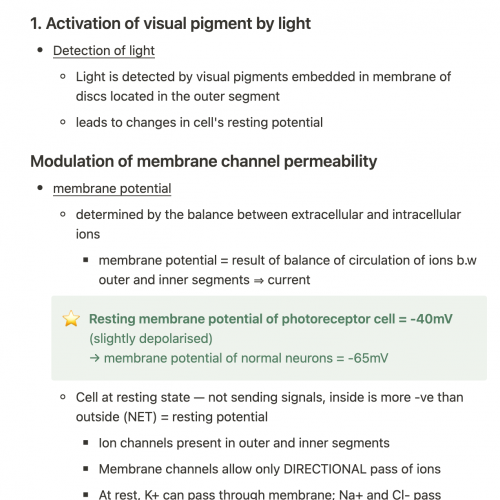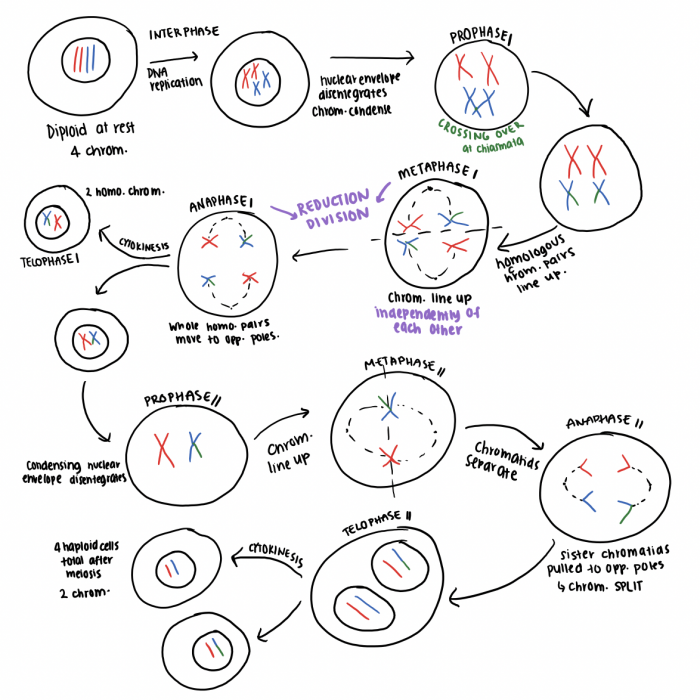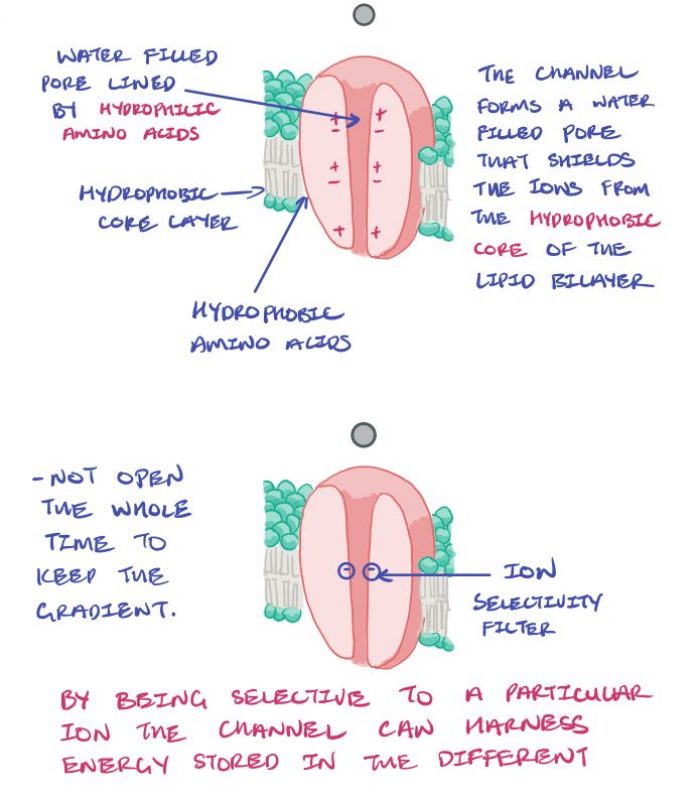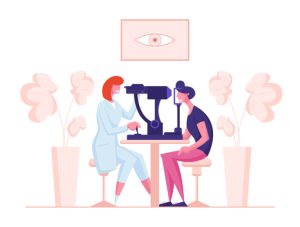Lots of students ask what device they should use in Biomed/HSc. There is no single best device to use, and it largely depends on your preferences. This is a general review of different devices for Biomed based on our own experience. Everyone has their own opinion, and ours may not represent everyone else. We recommend you do your own research and find what device best suits you and your study method. Enjoy!
Livia:
MacBook
Macbooks are super portable and have a pretty good battery life. These are essential things to consider as a student. Also, Apple does offer student discounts on certain devices, which is always a plus. Personally, I have been using the Macbook Pro for the whole of Part II Optom, and it has been serving me really well.
My Macbook has a really long battery life that lasts through a whole day of lectures and quite a lot of fire boy and water girl between lectures. The screen size is comfortable and big enough that when using split-screen, there is still enough space on both sides to see things clearly. The keyboard is comfortable to use, and the shortcuts for snipping pictures from lecture slides is very handy. I mostly used OneNote to take notes during a lecture and Notion for my own personal notes, and both these apps run really nicely on my Mac. The Mac is also super quiet, which is great for when you’re studying in the dead silent Philson library in Grafton, but overall just a better experience. For me, the MacBook Pro is quite heavy, but the specs are definitely better than the MacBook Air and other alternatives. So really, it is up to you which factor you would rather sacrifice.
One major thing about the Macbook is that it lacks the touch screen/drawing feature. If you’re fine with shaky trackpad drawings (granted, there is a larger trackpad which does help a little) or if you’re fine with uploading your own drawings to your notes, then it is okay. However, if you do like to annotate diagrams and draw on the spot during lectures, MacBook makes it a little trickier. For Optom, I found that I did want to have the option of annotating and drawing but there is always the alternative of getting some labelled diagrams from google images :). One major thing about the Macbook pro is that it gets very hot pretty fast, so definitely be aware of that.
I would recommend Mac to those who have lots of typing to do or are fine with just typed notes.

(Example of my notes on OneNote)
Surface
I used the Surface Pro 4 (+keyboard and pen) throughout high school and Biomed. Honestly, it is a great device to have as a student as you can use it as a normal laptop and have the touch screen + drawing features of a tablet.
The surface is great for annotating diagrams as well as drawing or making flow diagrams and mind maps which is great for Biomed and Optom. The keyboard is detachable, so you have the option to use it as a tablet or as a laptop. Screen size is good, and something about the screen makes it really comfortable to look at for long periods of time. It has a USB port, unlike the Mac, which comes in handy every now and then. Weirdly enough it is a super-powerful laptop – although I don’t recommend this – I was able to play League of Legends and Overwatch on my surface (the fans went crazy though). I DO NOT recommend this for long periods of time as this laptop is NOT built for gaming; however, it does do better than a Mac 👀.
The laptop doesn’t sit nicely on the lap like a normal laptop – google an image, and you will understand. Because it accommodates the angle of comfortable drawing, it requires a flat surface. Another disadvantage is that there is no specific app on windows (at least none that I have found) that is as aesthetic to use as say on a Mac or iPad. However, I just used OneNote, and it worked perfectly fine. Notion would also work well on Windows too.
Overall, the surface is a very light and versatile device to use. I highly recommend it if you prefer Windows and are considering getting a tablet/PC.

Luke:
iPad (older gen)
I came into Biomed with my trusty ipad (5th gen) from high school. I quickly realised that it was not the most optimal for Biomed. First, the older generations of iPads do not support the Apple Pencil. I bought styluses from other brands hoping it would work, but it was very hard to use. This meant that although apps such as Notability and Goodnotes worked, they can only be used to store lectures but can’t be used for annotating or highlighting. I also found the screen too small, so after a week of Biomed, I upgraded to the iPad Pro. I strongly recommend upgrading to a newer model compatible with the Apple Pencil or switching to another device.
iPad/ Pro (Apple Pencil)
I upgraded to the IPad from my iPad 5th gen, and it’s very convenient when it comes to Biomed. You can easily download your lectures into apps such as Notability or GoodNotes and annotate, highlight and make changes using the Apple Pencil. It’s easy to send notes and diagrams from these apps to your email, where you can save them on your laptop. I found this feature very helpful during online exams, especially where I needed to upload a hand-drawn diagram.
The split-screen feature is also very helpful, and I often made flashcards during lectures alongside slides. This feature can also make you distracted! The iPad Pro is lightweight with good battery life. You can attach a keyboard since it can help you type faster.
However, it is much slower to make flashcards and type, especially without the keyboard. Some apps such as excel are not as ideal on the IPad as on a laptop. I still prefer writing essays and research on a laptop since I find it much easier to copy-paste and have multiple tabs open for research. I don’t really like writing notes on the iPad Pro as I find it time-consuming and messy. Others may disagree as I know friends who prefer writing notes using the Apple Pencil. You can buy a paper-like screen cover on the iPad, which simulates writing on paper. Overall, this is my go-to device for everyday school use.

Windows Laptop
There are many different laptops available out there with different functions. For me, I used both a laptop and iPad Pro during Biomed. There are some things I prefer with a laptop, such as typing essays (CHEM 110) and editing slides for the POPLHTH presentation. I would look at slides and notes on the iPad and type up my notes, cheat sheets and flashcards on my laptop. I find it much more convenient to use my laptop for quizzes and online exams. Split-screen and keeping many tabs can be very helpful for note-taking and exams. I would have lecture recording and Quizlet on split-screen and type up flashcards while listening to the lecture.
I bought a Gigabyte gaming laptop back in high school to play League. I don’t bring my laptop to class since it is very bulky and heavy. For some reason, my laptop always has trouble connecting to the school wifi, and it seems that only I have this problem. So, when I do need a laptop for class, I borrow one from the Grafton library, and it works perfectly. If you plan to bring a laptop for class, I suggest getting a light model with good battery life to last you through the day.
You can’t really draw and annotate diagrams on the laptop, so I store all my notes on the IPad and use the laptop for assignments and quizzes. Many others use OneNote to annotate lectures. Although I have not used OneNote, I’ve heard many good reviews.

Example of my quizlet flash cards
Tablet
I have not personally used a tablet before, so I can’t say much about it. Tablets are lightweight and portable. They can be a cheap alternative to the ipad pro, and you can use a stylus. There are many brands to choose from as well as different styluses. There are many apps available on android, and you don’t have to download them via the AppStore, unlike the iPad. However, many apps are not optimised on android and can be harder to use. Apps such as Notability and Goodnotes are not available on non-Apple devices, but other alternatives are available. Tablets are less common in Biomed, but they definitely can be very useful!
So that’s it, our review of devices to use for your first-year in uni. This can apply to all students, not just first years. We wish you enjoyed our review and we wish you the best of luck in your studies!



